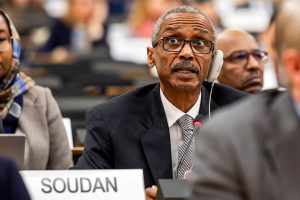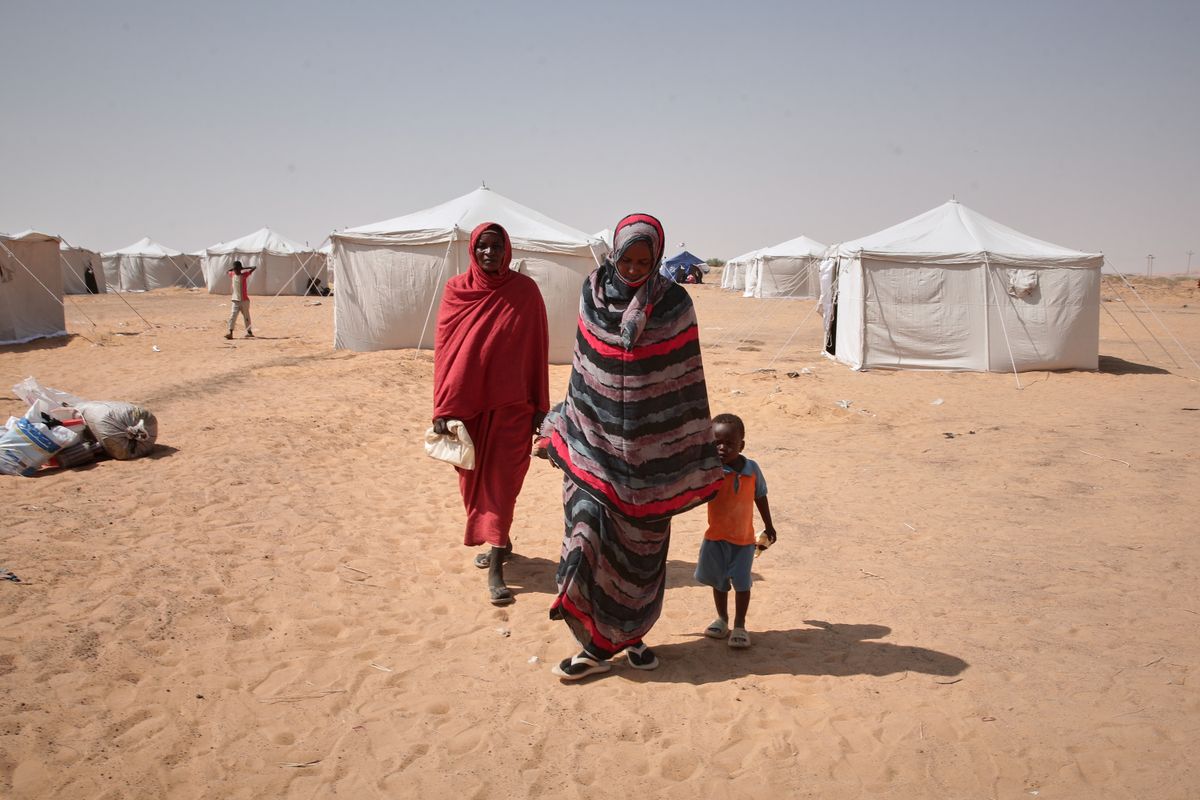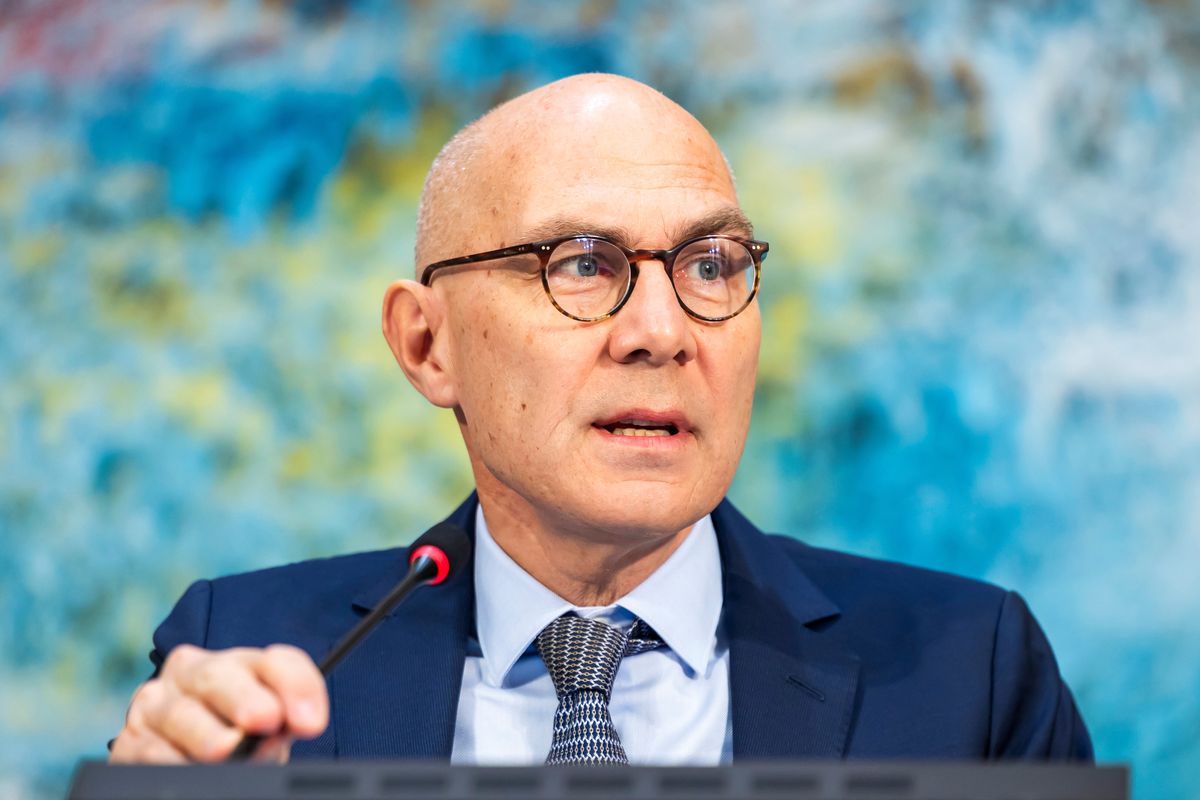GENEVA (AP) — The U.N.’s top human rights body was holding a one-day special session Friday to highlight hundreds of killings at a hospital in Sudan’s Darfur region and other atrocities committed last month by paramilitary forces fighting the army.
The Human Rights Council was also debating a draft resolution calling on an existing team of independent experts to carry out an urgent inquiry into the killings and other rights violations in the city of el-Fasher by the Rapid Support Forces paramilitary.
“The atrocities that are unfolding in el-Fasher were foreseen and preventable, but they were not prevented. They constitute the gravest of crimes,” said Volker Türk, the U.N human rights chief.
Last month the RSF seized el-Fasher, the capital of North Darfur, and rampaged through the Saudi Hospital in the city, killing more than 450 people, according to the World Health Organization. RSF fighters went house to house, killing civilians and committing sexual assaults.
Türk said “none of us should be surprised” by reports, since the RSF took control of the city, of “mass killings of civilians, ethnically targeted executions, sexual violence including gang rape, abductions for ransom, widespread arbitrary detentions, attacks on health facilities, medical staff and humanitarian workers, and other appalling atrocities.”
The military and the RSF, who were former allies, went to war in 2023. WHO says the fighting has killed at least 40,000 people, and the United Nations says another 12 million have been displaced. Aid groups say the true death toll could be many times higher.
The draft resolution, led by several European countries, offered little in the way of strong new language though it requested a fact-finding team that the council has already created to try to identify those responsible for the crimes in el-Fasher and help bring them to account.
“Much of el-Fasher now is a crime scene,” Mona Rishmawi, a member of the team, told the session. She added that since the city fell into the hands of the RSF, her mission has collected “evidence of unspeakable atrocities, deliberate killings, torture, rape, abduction for ransom, arbitrary detention and enforced disappearances, all at the mass scale.”
“A comprehensive investigation is required to establish the full picture, but what we already know is devastating,” she added.
The council, which is made up of 47 U.N. member countries, does not have the power to force countries or others to comply, but can shine a spotlight on rights violations and help document them for possible use in places like the International Criminal Court.
Overcrowded displacement camps
An overcrowded displacement camp in the town of al-Dabbah in northern Sudan has seen an influx of new arrivals of people fleeing violence in the Darfur and Kordofan regions.
Fatheya Hussein, an el-Fasher resident who recently arrived at the camp, told The Associated Press on Thursday that she was trapped in the city under siege by the RSF for over 18 months. She said it was risky to leave her house because there were snipers around, especially at night, and they had limited access to food and water.
“I was trapped like a mouse in its hole. There’s suffering in el-Fasher with bodies scattered everywhere,” said Fatheya, who lost 51 family members during the war, including her brother and sister, who were killed by artillery shelling. Some family members were killed by random fire.
Fatheya and some of her family members fled on foot to the town of Malit, which is around 65 kilometers (40 miles) north of el-Fasher, walking for around eight hours while carrying luggage over her head.
Those fleeing el-Fasher to safer areas were exposed to beatings, searched, and robbed on the way by armed men, she said. They face severe hunger and dehydration, according to Fathey, who said her cousin died of hunger as he fled from the nearby town of Girna to Tawila.
The World Food Programme, or WFP, said on Friday that it is scaling up its assistance to help the thousands fleeing el-Fasher city and seeking safety at various locations.
“Many people — mostly women and children — are arriving with little or nothing, trekking for days on foot to reach safety and arriving exhausted, thirsty and undernourished,” said Leni Kinzli, spokesperson for World Food Programme Sudan.



